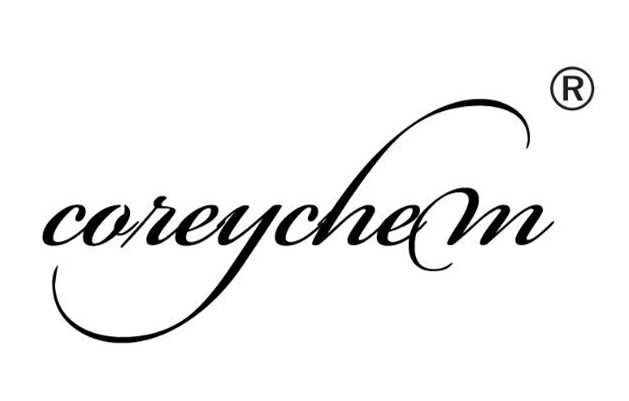CR016
| Orcinol monohydrate Basic information |
| |
| Orcinol monohydrate Chemical Properties |
| Melting point |
56-61 °C |
| Boiling point |
290 °C |
| density |
1.29 |
| Fp |
147°C/5mm |
| storage temp. |
Store at RT. |
| solubility |
H2O: soluble50mg/mL |
| form |
Powder, Crystals or Flakes |
| color |
off-white to tan |
| Water Solubility |
SOLUBLE |
| Sensitive |
Air Sensitive |
| Merck |
14,6864 |
| BRN |
5103474 |
| Stability: |
Stable. Incompatible with strong oxidizing agents, strong acids. May be air-sensitive. |
| CAS DataBase Reference |
6153-39-5(CAS DataBase Reference) |
3,5-dihydroxytoluene (monohydrate) use and synthesis
Flavors and fragrances Oakmoss have a fragrant aroma of moss, aromas like musk and lavender, and have a long-lasting fragrance. They are produced in France, Czech Republic, Italy, Hungary, South and Morocco. They are also found in Yunnan and Shaanxi. The extract can be obtained by extracting benzene, ethanol and petroleum ether. It is a good fixative. Used in the preparation of perfumes, cosmetics and soap flavors.
Orcinol monomethyl ether is a flavoring agent with aroma of oak moss resin and a fruity aroma, naturally present in the oak resin. Appearance is a powdery solid, melting point 61-62 ° C, boiling point 259 ° C / 100.4 kPa, 130 ° C / 900Pa. In the daily flavoring formula, usually 25 parts of orcinol monomethyl ether and 75 parts of methyl 2,4-dihydroxy-3,6-dimethylbenzoate are used together, the composite type The fragrance has a realistic natural oak moss aroma. IFRA has no restrictions.
Chemical properties White diamond crystals. The temperature of 58 ° C, anhydrous melting point 107-108 ° C. The boiling point is 289-290 ° C, 165-170 ° C (1.87-2.67 kPa), 147 ° C (0.67 kPa). The relative density is 1.290 (4/4 ° C). Soluble in water, alcohol and ether, slightly soluble in benzene, slightly soluble in chloroform and carbon disulfide. It is easily oxidized to red in the air. There is a sweet but unpleasant taste.
Use Analytical reagents for the determination of bismuth, chromium, nitrate and nitrite, as well as pentose, lignin, sugar gum, aldose, beet sugar, sucrose and amylase. The product is irritating, and the oral LD50 of the mouse is 844 mg/kg.
Production Method This product can be extracted from various kinds of moss fermentation products.
Pls kindly send us your inquiry to crystal@coreychem.com or call me at +86-15617523256 or +86-371-60996044 directly if you have any interests at this material .




